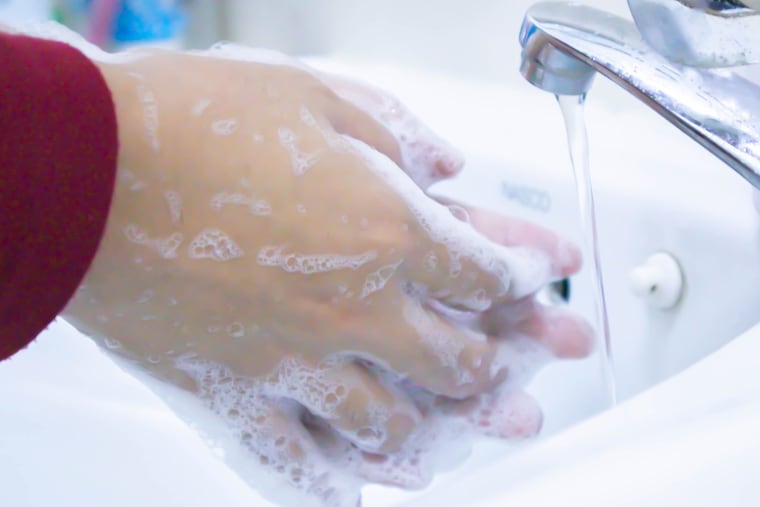Norovirus and other gastrointestinal issues are on the rise in the Philadelphia area
The increase is part of a typical seasonal uptick in gastrointestinal complaints, health officials say.

Stomach bugs are going around in Philadelphia, part of a typical seasonal increase in gastrointestinal complaints, with emergency room visits for norovirus and other gastrointestinal issues on the rise in the city, health officials said.
“The increase is in line with what we usually see during this time of year and is not uniquely concerning,” Philadelphia health department spokesperson Jim Kyle said in a statement.
Tests for norovirus in the northeast region of the United States, which includes Pennsylvania and New Jersey, saw a 13.4% positivity rate during the week of Feb. 17, the highest in the country, according to data from the Centers for Disease Control and Prevention.
Norovirus is the bug behind most cases of vomiting, diarrhea, and food-borne illnesses in the U.S, the CDC says. It’s spread though direct contact with people with the virus, as well as consuming food and drinks contaminated by the virus.
You can also pick up norovirus by touching surfaces contaminated with the virus and putting your fingers in your mouth without washing them, a risk factor especially common among younger children.
Symptoms usually emerge within 12 hours to two days after exposure, the CDC says, and will pass within one to three days. But a person who’s recovered from norovirus can still be contagious for a few days afterward.
Philadelphia’s health department is encouraging residents to wash their hands with soap and warm water for the length of time that it takes to to sing “Happy Birthday” twice, Kyle said. People who feel sick should stay home.
There are no specific treatments for norovirus, but health officials encourage people with norovirus to drink fluids to avoid dehydration, which can become dangerous. People who are dehydrated urinate less, have a dry mouth and throat, and may get dizzy when standing up, the CDC says; dehydrated children might become unusually sleepy or irritated, and cry, but produce little to no tears.